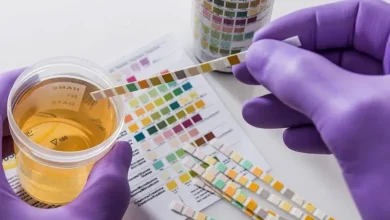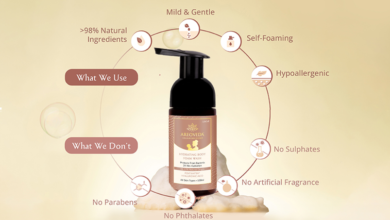The 6 Most Common Causes of Bad Breath

Bad breath, or halitosis, is an issue that many people face but often find embarrassing to address. It can affect personal relationships and professional interactions, making it a significant concern for those experiencing it. To effectively manage or eliminate bad breath, it is important to first understand its root causes. While everyone may experience bad breath occasionally, chronic cases are often linked to specific, manageable factors. Learning the most common causes of bad breath can provide insight into why they occur and how they can be prevented or treated.
1. Poor Oral Hygiene
One of the leading causes of bad breath is poor oral hygiene. When proper brushing and cleaning techniques are neglected, food particles remain trapped between teeth and on the surface of the tongue. These remnants can become breeding grounds for bacteria, which break down the food particles, producing sulfur compounds that result in foul-smelling breath. Moreover, without adequate care, plaque buildup on the teeth and tongue can contribute to an ongoing odor. Brushing at least twice a day, using a tongue scraper, and using floss daily can help prevent bad breath caused by poor oral care.
2. Dry Mouth
Saliva plays an essential role in maintaining oral health by constantly washing away food particles and bacteria. When there is a lack of saliva production, a condition known as dry mouth or xerostomia, bacteria have a better chance to thrive. This can lead to bad breath because the mouth is not being cleansed naturally. Dry mouth can be caused by a variety of factors, including dehydration, certain medications, and medical conditions such as Sjögren’s syndrome. Drinking plenty of water, using a mouthwash designed for dry mouth, and chewing sugar-free gum can stimulate saliva production, helping to reduce this type of halitosis.
3. Consumption of Certain Foods and Beverages
The foods and drinks consumed regularly can also play a significant role in bad breath. Certain strong-smelling foods, such as garlic, onions, and spicy dishes, release sulfur compounds that can remain in the mouth even after brushing. These compounds are also absorbed into the bloodstream and exhaled through the lungs, which prolongs the odor. Similarly, beverages like coffee and alcohol can dry out the mouth, exacerbating bad breath by reducing saliva production. Reducing the intake of these foods and drinks or ensuring good oral hygiene after consumption can help reduce their effects on breath quality.
4. Tobacco Use
Tobacco products, including cigarettes, cigars, and chewing tobacco, are major contributors to bad breath. Smoking dries out the mouth and reduces saliva production, creating an environment where bacteria grow. The chemicals in tobacco can also linger in the mouth, further intensifying bad breath. Long-term use of tobacco not only causes persistent halitosis but can also lead to gum disease, which is another source of unpleasant breath. Quitting smoking or cutting back on tobacco use can drastically improve oral health and significantly reduce bad breath.
5. Gum Disease
Periodontal disease, commonly known as gum disease, is a serious condition that affects the gums and surrounding tissues in the mouth. It is caused by the buildup of plaque and tartar, leading to inflammation, bleeding, and infection. Bacteria associated with gum disease produce foul-smelling toxins that cause chronic bad breath. In its more severe form, known as periodontitis, this condition can lead to gum recession, bone loss, and even tooth loss. Regular dental checkups, proper brushing, and professional cleanings are essential to manage or prevent gum disease and the bad breath that often accompanies it.
6. Medical Conditions
While most cases of bad breath are related to oral hygiene or lifestyle habits, certain medical conditions can also contribute to halitosis. Gastroesophageal reflux disease (GERD), for instance, can cause stomach acids to rise into the esophagus, leading to a sour odor in the mouth. Similarly, infections in the sinuses or throat can produce excess mucus, which is broken down by bacteria and can result in bad breath. Diabetes and liver or kidney disease may also lead to distinctive breath odors due to chemical imbalances in the body. If bad breath persists despite good oral care, it may be necessary to consult a healthcare provider to rule out underlying health conditions.
Addressing Bad Breath at Its Source
Managing bad breath starts with identifying the underlying cause. Whether it’s related to diet, oral hygiene, or a medical condition, there are steps that can be taken to reduce or eliminate the issue. Good oral care habits, including regular brushing, flossing, and professional cleanings, are the first line of defense against bad breath. For those affected by lifestyle habits such as smoking or the consumption of certain foods, making adjustments can also lead to noticeable improvements. Finally, persistent bad breath that resists common solutions should be discussed with a healthcare professional because it may be a sign of a more serious condition. By addressing the cause directly, it’s possible to say goodbye to bad breath and enjoy fresher, healthier breath each day.




